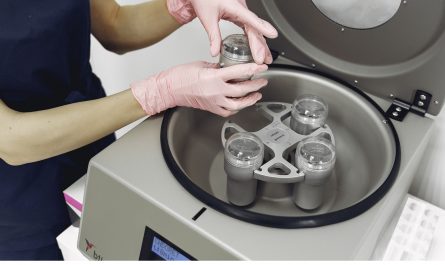Drug and alcohol evaluations also referred to as substance abuse assessments, are vital in assisting people with a history of substance abuse. Conducted by licensed professionals, these evaluations give insights into the extent of a patient’s addiction and suggest the proper treatment plan.
This article gives a complete picture of what drug and alcohol evaluations involve, why they are necessary, and what every patient should expect during the process. Understanding the assessment process is vital to those seeking treatment or supporting a loved one in recovery.
Importance Of Drug and Alcohol Evaluation
The primary aim of drug and alcohol evaluation is to detect whether a person has a substance abuse problem. Substance abuse is associated with severe health issues, damaged relationships, and poor quality of life. Identifying substance abuse issues early makes the intervention and treatment more successful.
Drug and alcohol evaluations are used to determine the level of treatment required by people suffering from substance abuse. In the assessment, the healthcare professional may recommend various treatment approaches, such as outpatient or inpatient care, counseling, and support groups.
In many cases, a person may be demanded to pass through drug and alcohol evaluation as a part of the legal proceedings. For instance, those arrested for driving under the influence (DUI) might be ordered to undergo an assessment to check if they are addicted to substance abuse and seek the right treatment.
What Does a Drug and Alcohol Evaluation Involve?
Initial Assessment, Interview, and Questionnaires
The assessment starts with the initial assessment, which is the meeting of the patient with a licensed professional, such as a counselor, psychologist, or psychiatrist. The patients are then asked a set of questions relating to their drug and alcohol use, health history, family history, and any legal problems they have faced due to substance abuse.
As the interview continues, the health care practitioner will be inquiring into the patient’s substance use history, including the type and frequency of use, total duration of use, and the problems or issues that are associated with drug use.
A patient will be asked to complete questionnaires assessing their drug use and problems associated with it. The survey is structured around issues like withdrawal symptoms, cravings, and how substance abuse affects different domains of life.
Medical History and Drug Testing
After filling out the questionnaire, the psychiatrist is going to acquire details about the patient’s medical history, including any past physical or mental health issues that could be related to their drug use.
The patient may be required to give urine, blood, or hair samples for a drug test. Drug testing can determine the presence of substances in the system and provide data about their alcohol and drug use.
Summary
A comprehensive drug and alcohol evaluation is one of the ways employed in helping the battle against substance abuse problems. These evaluations help identify substance abuse issues, determine treatment needs, and specify the particular interventions that will result in sobriety. If you or a person whom you love is suffering from substance use disorder, a drug and alcohol evaluation is vital to recovery.
Inside Contents
